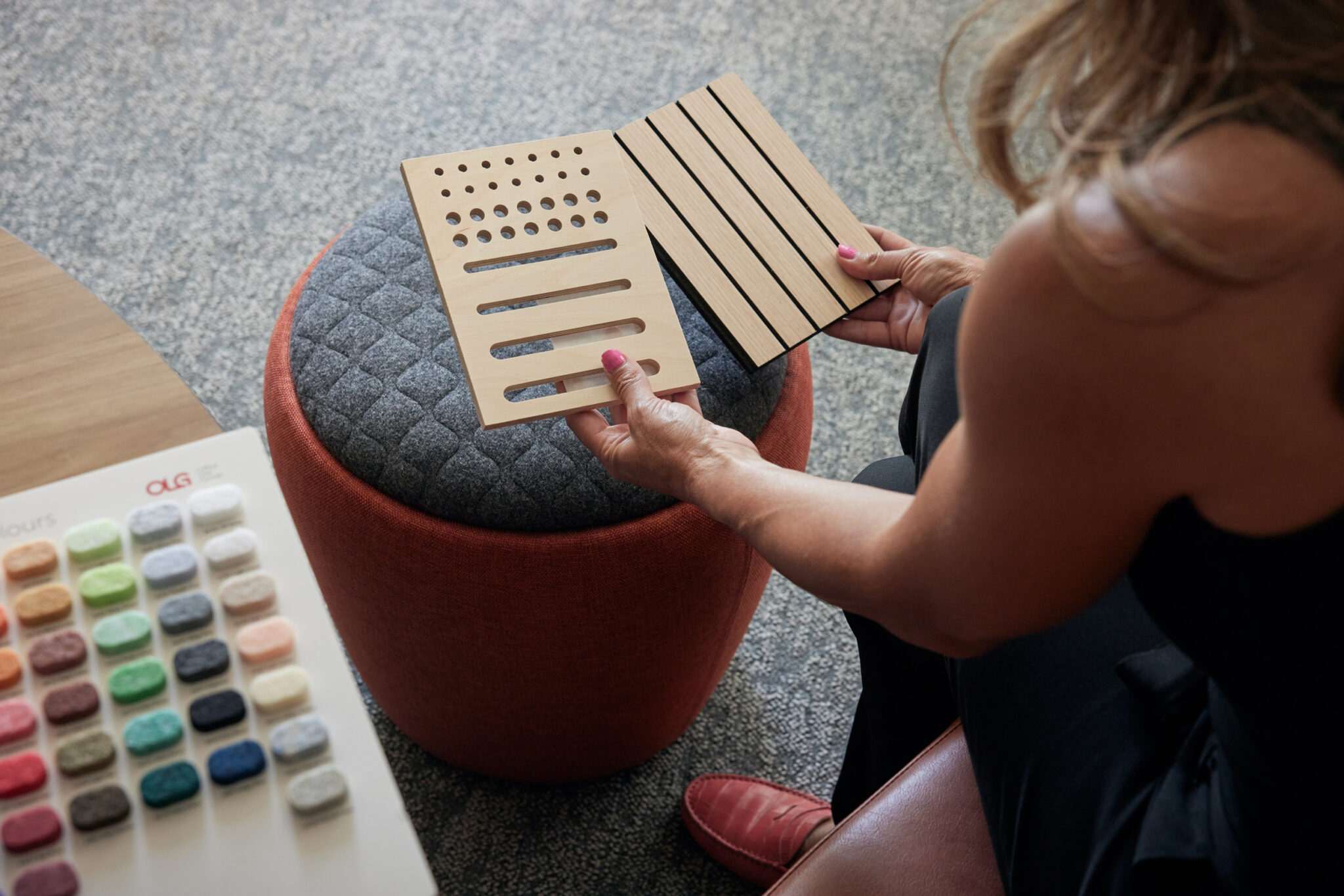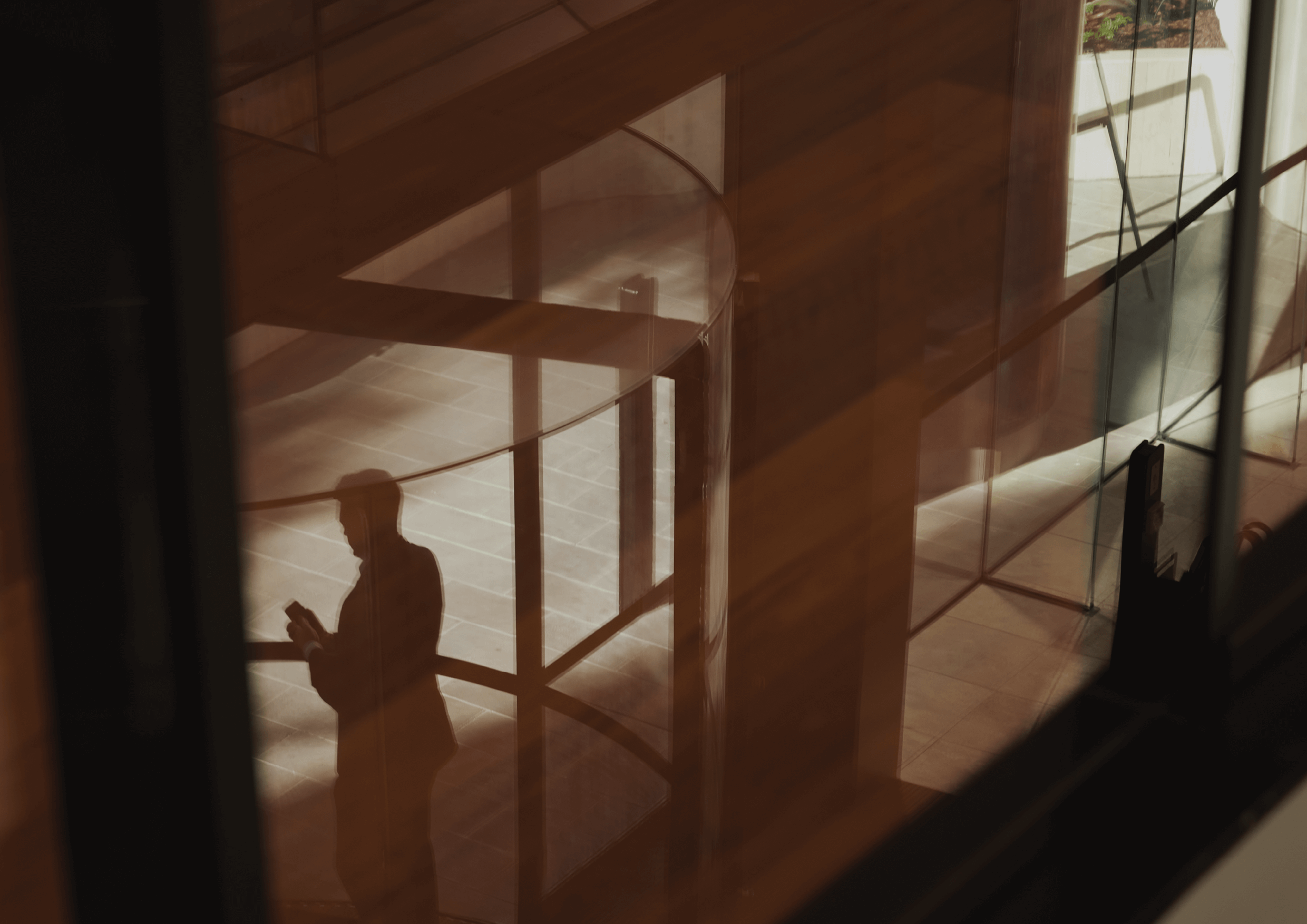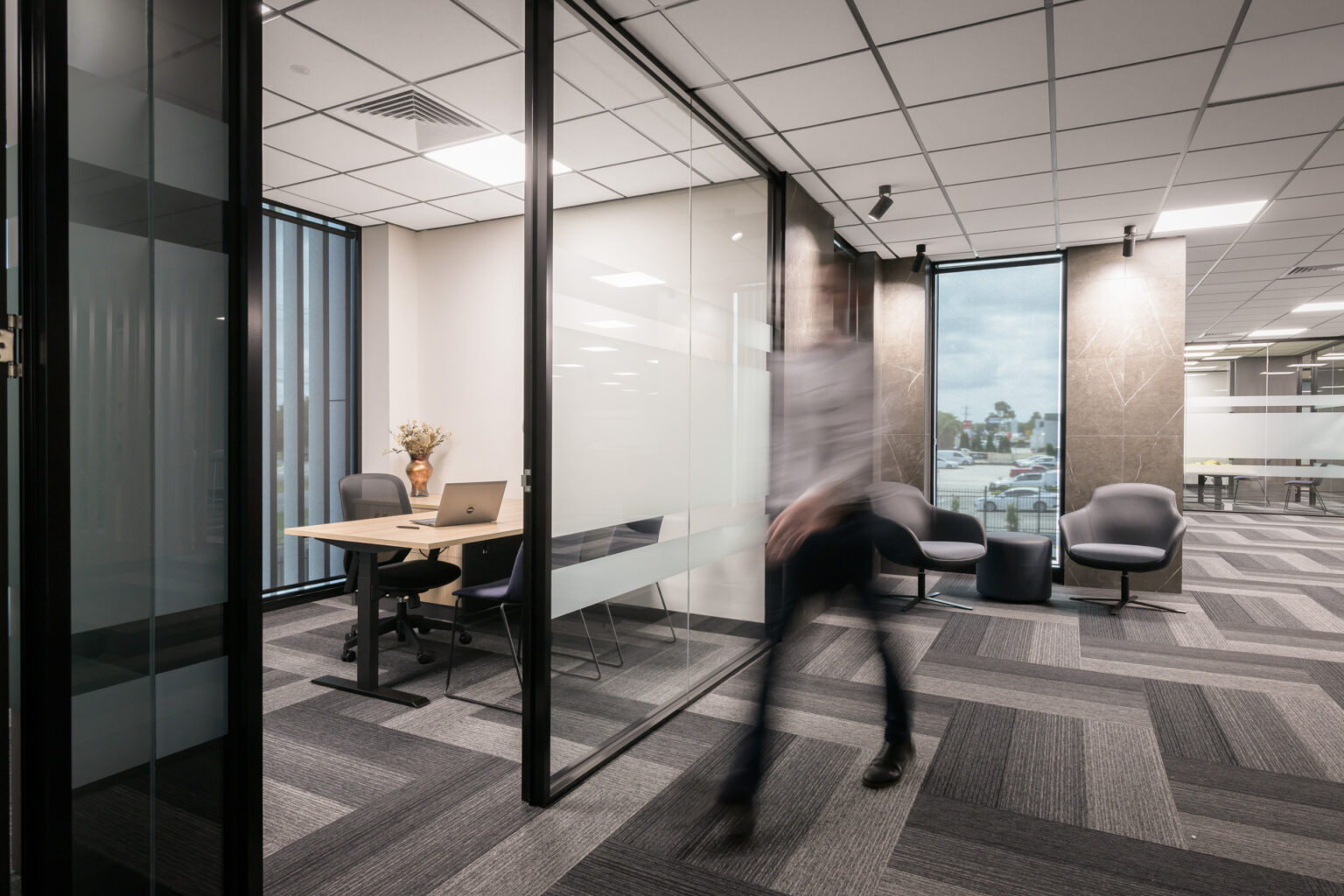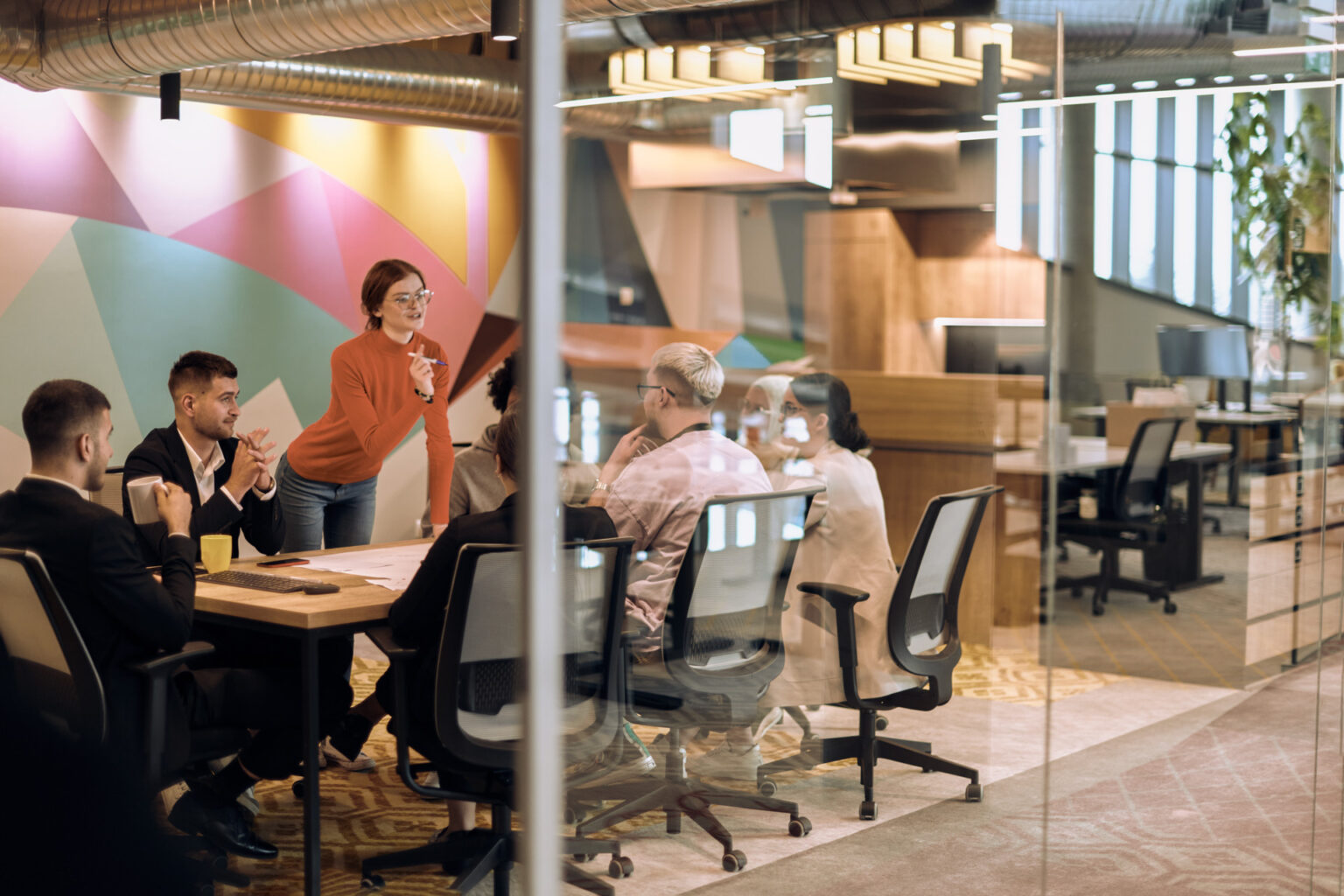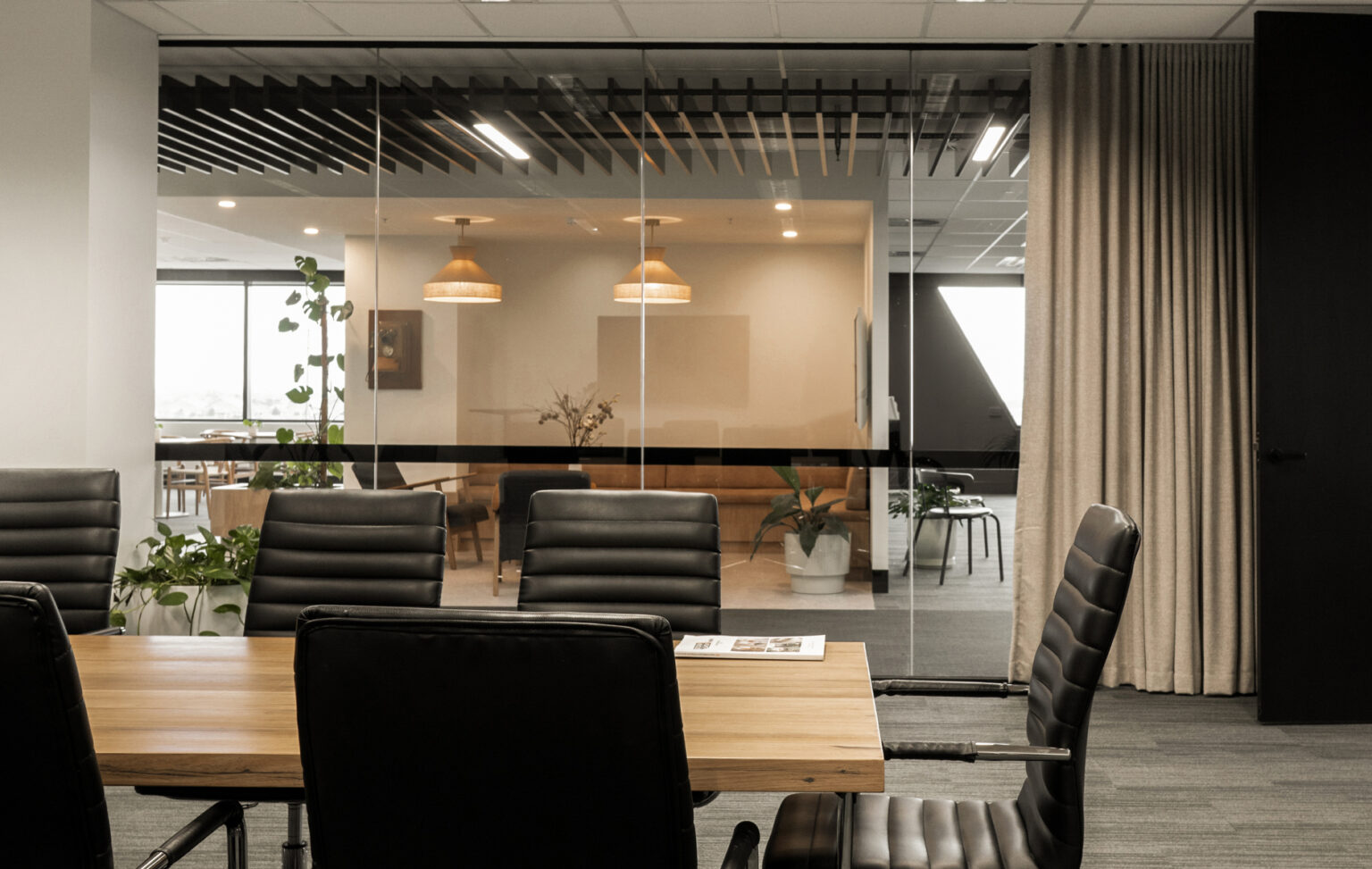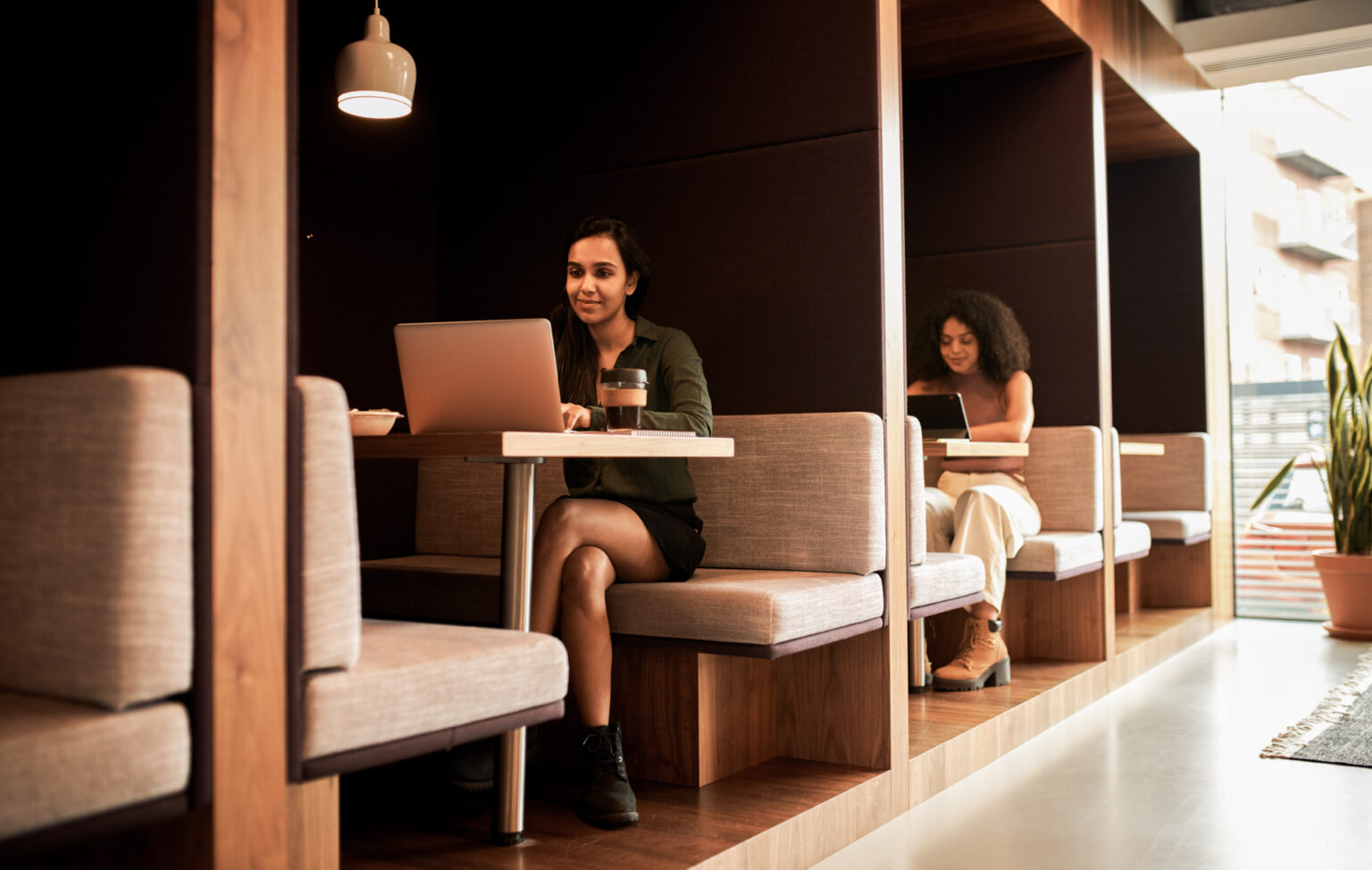How Office Design Impacts Workplace Culture
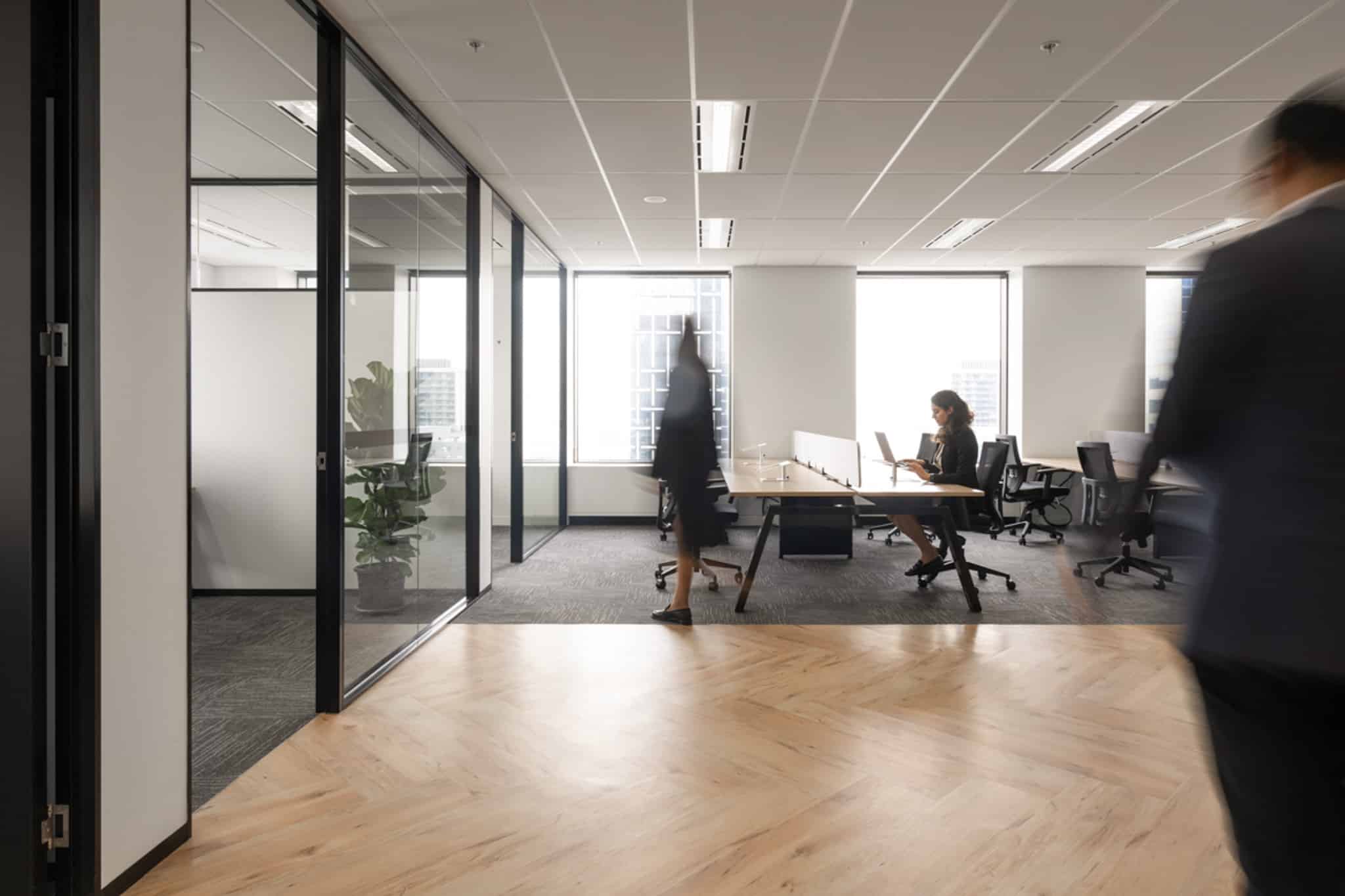
Office design is not just about aesthetics. It plays a crucial role in defining office culture, influencing everything from employee engagement to collaboration and productivity.
Your unique workplace culture is influenced by your office design. Culture is shaped by numerous factors such as brand identity and often varies from industry to industry, so whether you’re a creative agency, corporate firm, or tech startup, the ideal environment for your staff will differ.
When you choose custom office fitouts, you are investing in an environment that greatly impacts the way your staff work and feel in the workplace. With the ability to configure your office to include collaborative spaces, private offices, and break rooms, customised office fitouts can be adapted to suit your company’s work culture.
The connection between workspace design and workplace culture is essential to creating an environment that empowers your business to thrive.
The Role of Office Design in Workplace Culture
Office culture is the collective personality of an organisation. It includes values, behaviours, and the overall work atmosphere. While company leadership and policies play a role in shaping culture, office design serves as the silent yet powerful backbone that reinforces or weakens these efforts.
A well-designed office space can:
- Foster collaboration and teamwork
- Enhance employee well-being
- Improve focus and productivity
- Reflect company values and brand identity
- Increase employee retention and satisfaction
Let’s take a closer look at how different aspects of office design influence workplace culture.
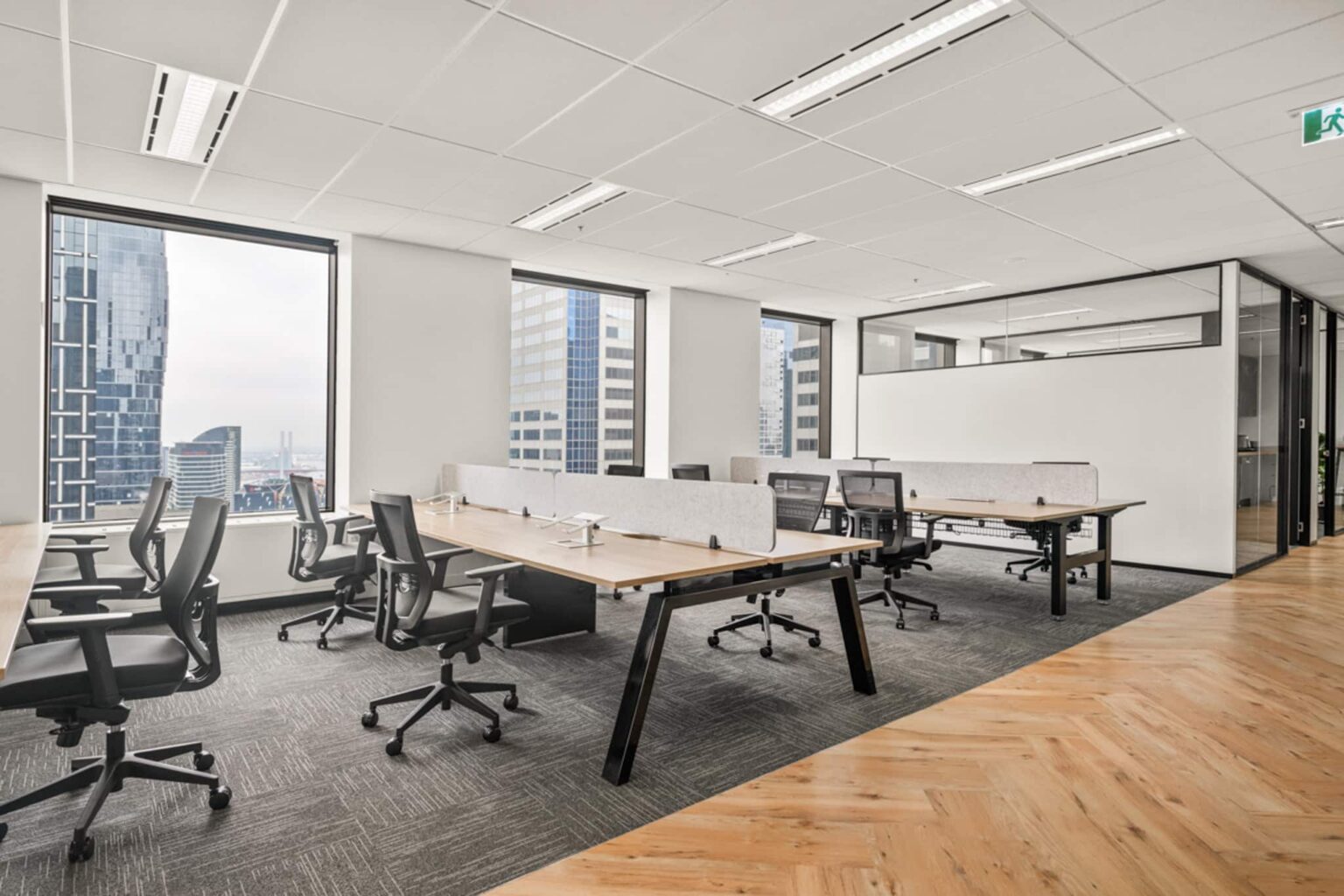
Open vs. Private Workspaces
The layout of an office dictates how employees interact. Open-plan offices promote collaboration, transparency, and a sense of community, making them ideal for organisations such as creative agencies that value teamwork and dynamic idea-sharing. However, open spaces can also lead to distractions and noise, potentially reducing focus and productivity.
On the other hand, offices with dedicated private workspaces cater to employees who require deep focus and confidentiality. Companies with a hierarchical structure may choose to have separation between different departments.
With customised office fitouts, you can strike a balance—incorporating both open and private spaces to accommodate diverse working styles.
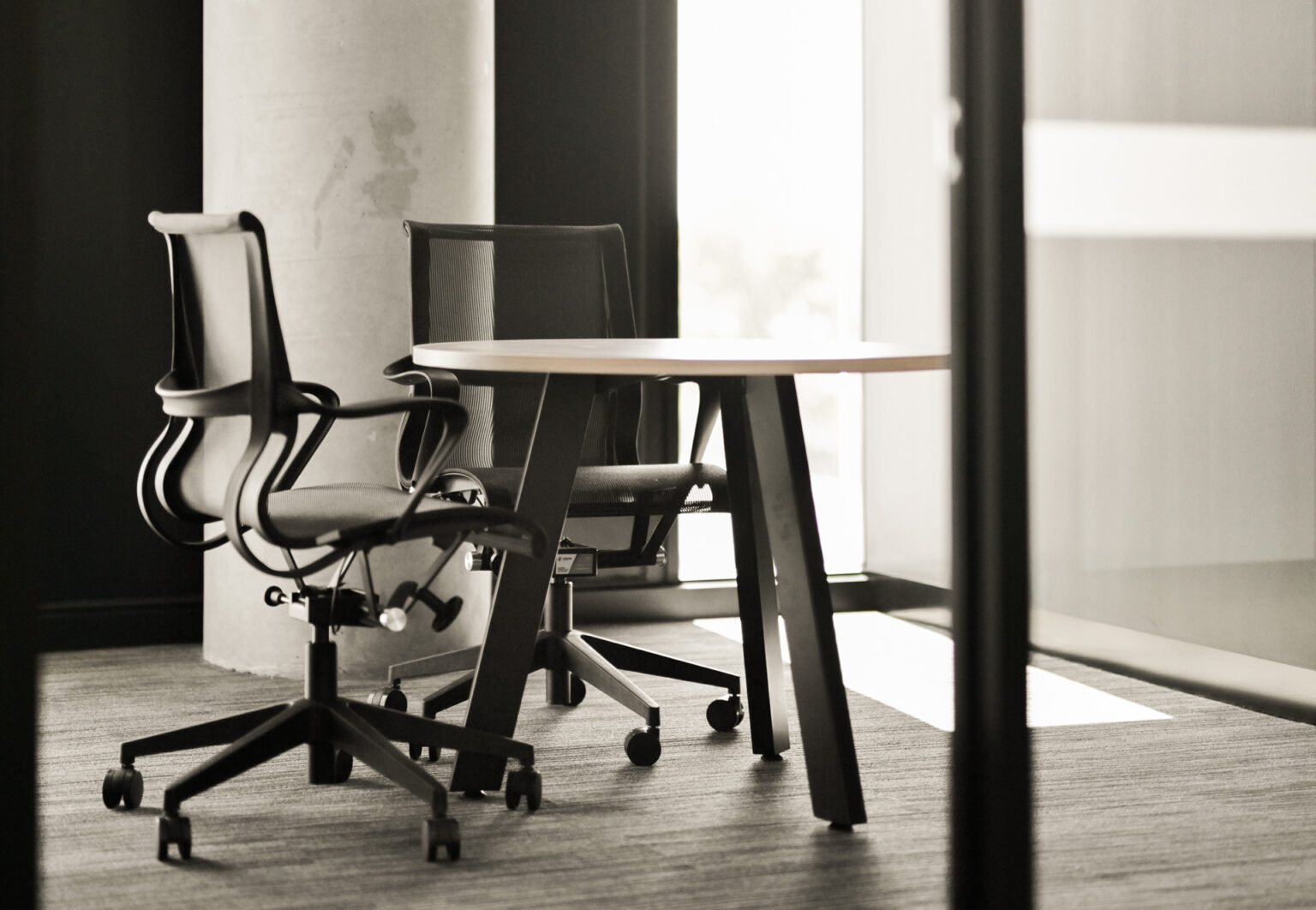
Ergonomics and Comfort
Want an environment that improves your employee wellbeing? Ergonomics plays a big part. Comfortable furniture, ergonomic workstations, and thoughtful layouts contribute to employees’ physical health, morale, and productivity. Poor ergonomics can lead to fatigue, discomfort, and even chronic health issues.
With customised office fitouts, you can implement elements such as height-adjustable desks, supportive chairs, and strategically placed lighting for a better workspace. You’ll demonstrate your company’s commitment to employee wellbeing through ergonomic design.
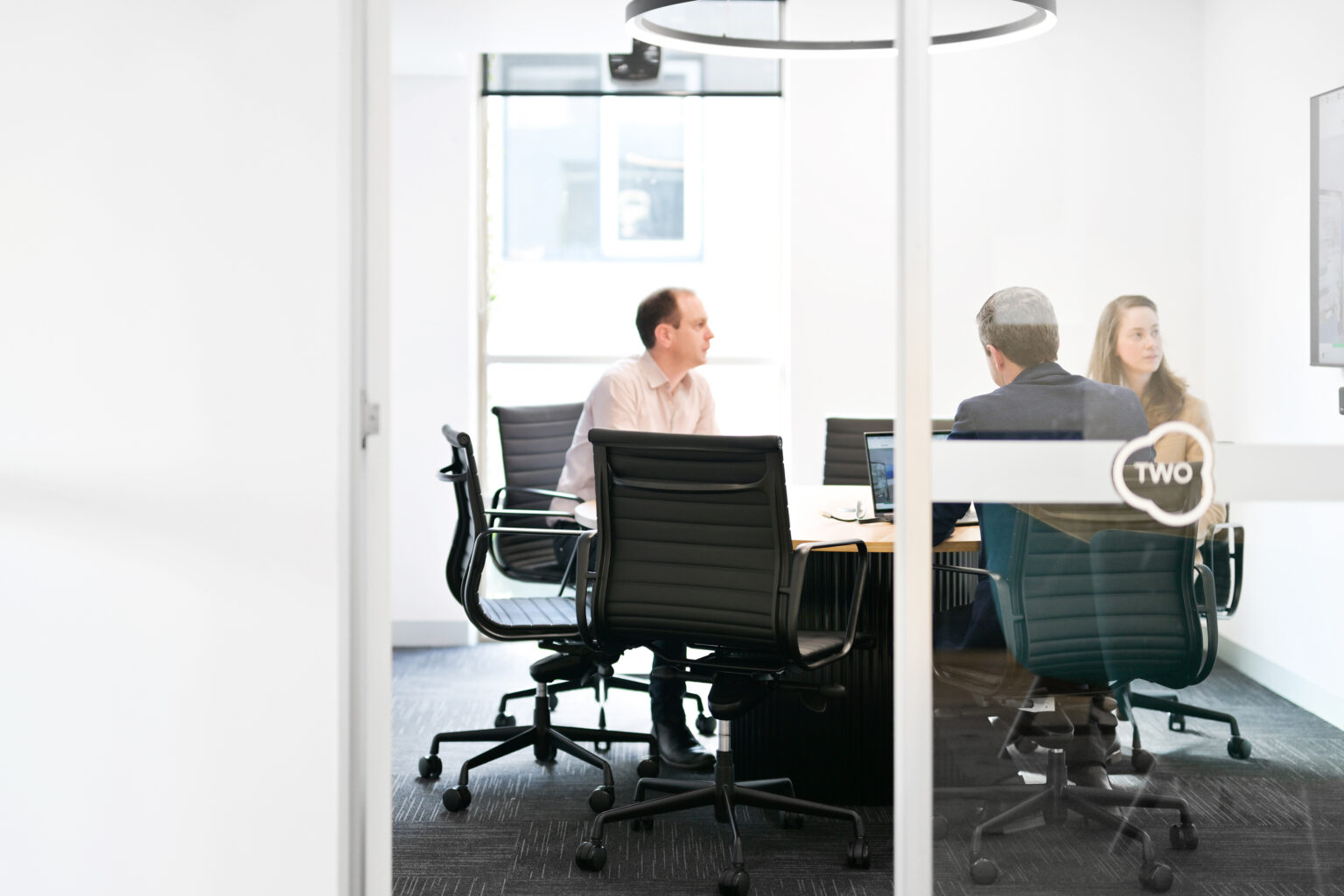
Collaboration and Communication
How much does teamwork play into your office culture? Breakout spaces, informal lounge areas, and collaboration zones create opportunities for spontaneous discussions and teamwork. These spaces act as creative hubs where employees can brainstorm and problem-solve outside of traditional meeting rooms.
If your company prioritises collaboration, investing in communal areas that support casual conversations and idea-sharing can significantly boost innovation and cohesion within your teams.
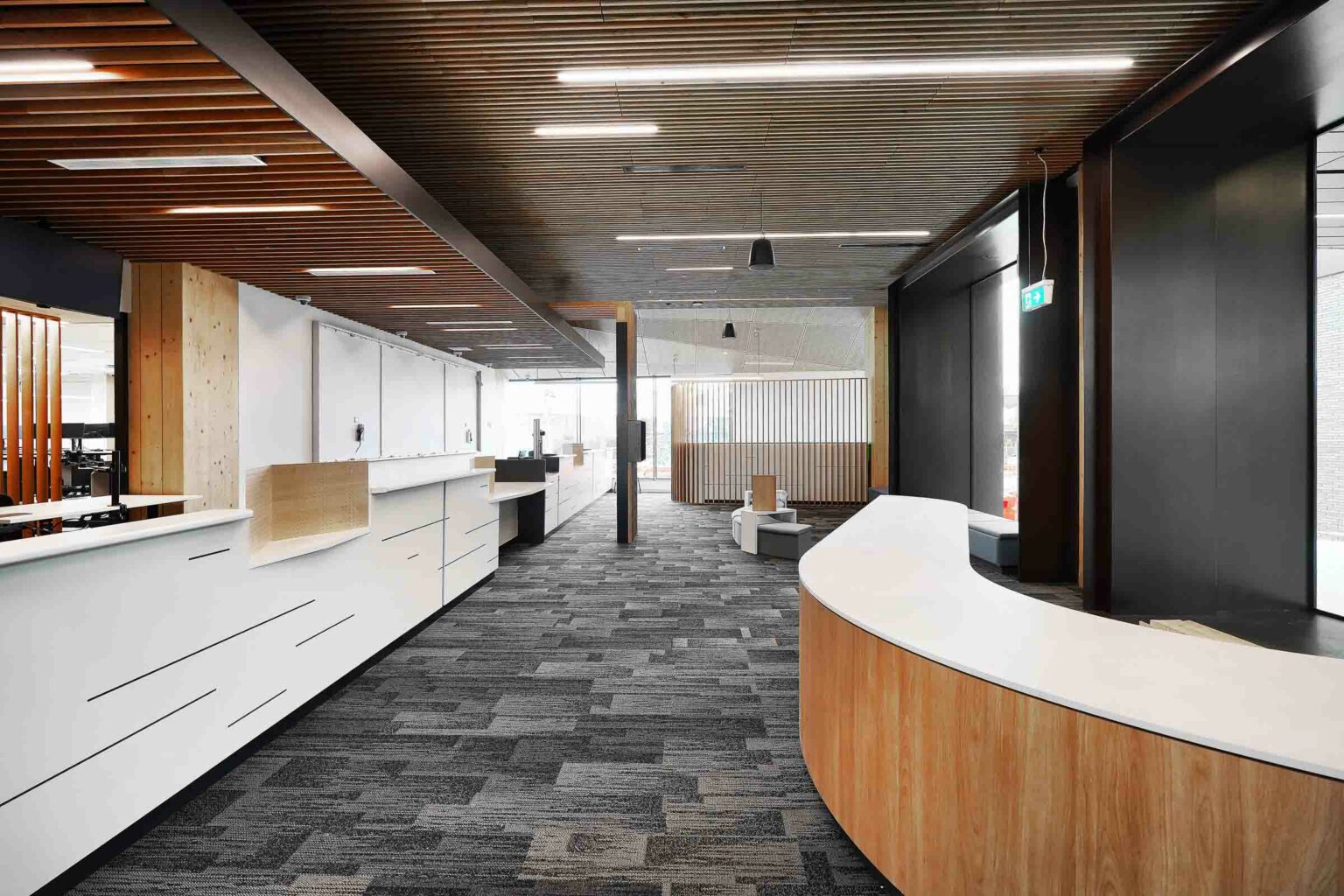
Aesthetics and Branding
A company’s office space should reflect its identity and values. From colour schemes to artwork and furniture, design choices communicate a brand’s personality to employees and visitors. A well-branded office space fosters a sense of belonging and pride among employees.
Office culture and design go hand in hand. For instances, a tech startup might opt for a sleek, modern design with bold colours and interactive workspaces, while a law firm might prefer a more traditional, sophisticated layout with rich wood tones and quiet meeting rooms.

Flexible Work
For companies that are embracing flexible work, office design is key. Off the shelf solutions won’t cut it—with customised office fitouts, you can implement modular furniture, movable partitions, and adaptable layouts which support a flexible workplace culture.
A flexible office design fosters a culture of autonomy, trust, and inclusivity. You’ll empower your employees to have control over their work environment, leading to increased job satisfaction and engagement.
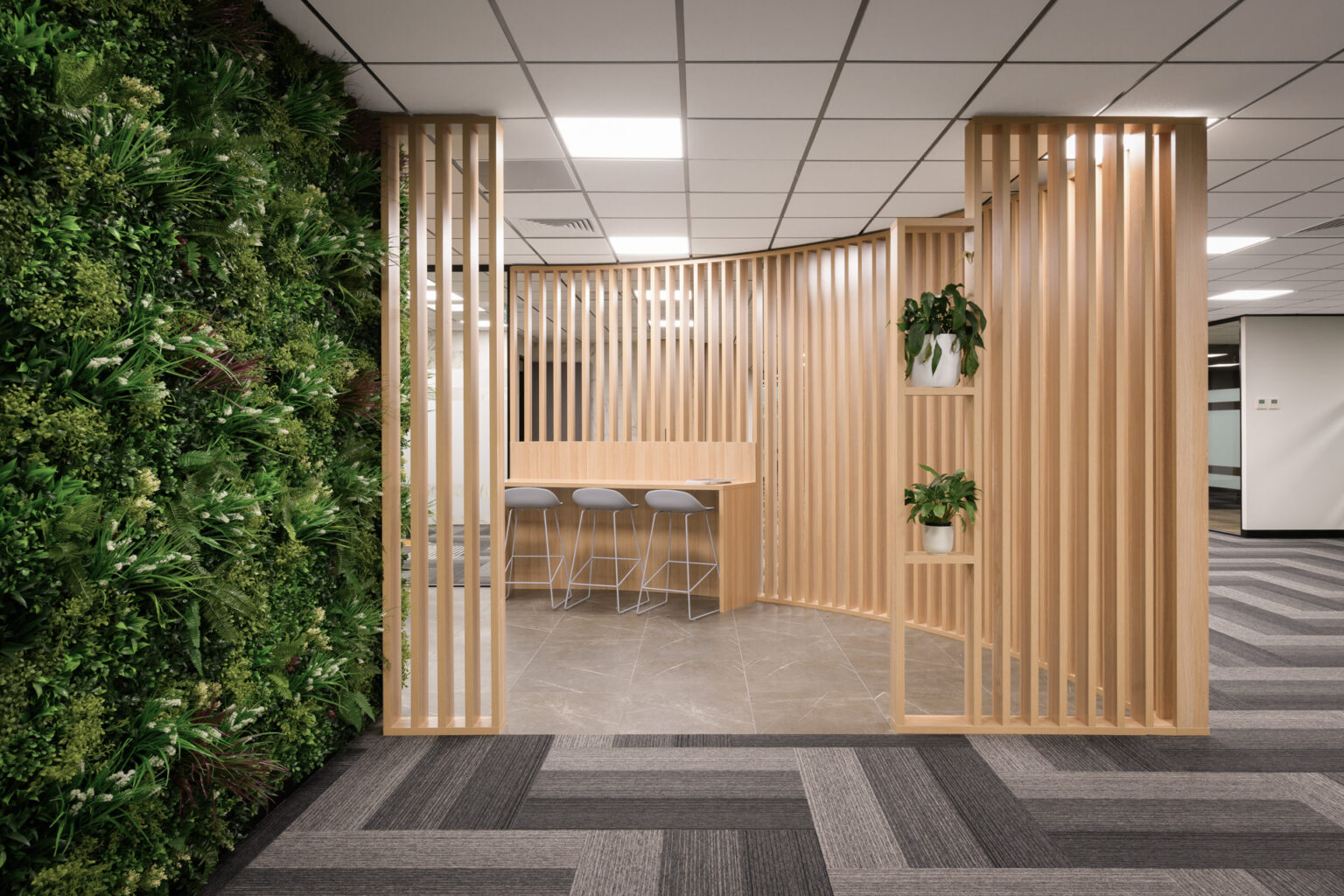
Biophilic Design
Biophilic design, where elements of nature are brought into the office, has been shown to reduce stress, increase creativity, and boost productivity. Companies are increasingly shifting towards incorporating natural light, indoor plants, and nature-inspired textures to create a calming atmosphere that enhances mental well-being.
An office culture that prioritises well-being translates to happier, healthier employees who are more motivated and engaged in their work.
Elevate your office culture with Sensa Interiors
Office culture and design are intrinsically linked. Every workplace has its own distinctive culture, which is why customised office fitouts are key for creating the environment your employees will thrive in.
At Sensa Interiors, we understand that every company has unique needs. Our bespoke office fitouts ensure that workspaces are not only visually appealing but also functional, comfortable, and aligned with your organisation’s culture.
We take the time and effort to learn about your company’s workplace culture and how we can create a personalised solution for the best results. If you’re looking to transform your office into a space that inspires productivity and innovation, let’s create something great together.
Contact us today to get started.
